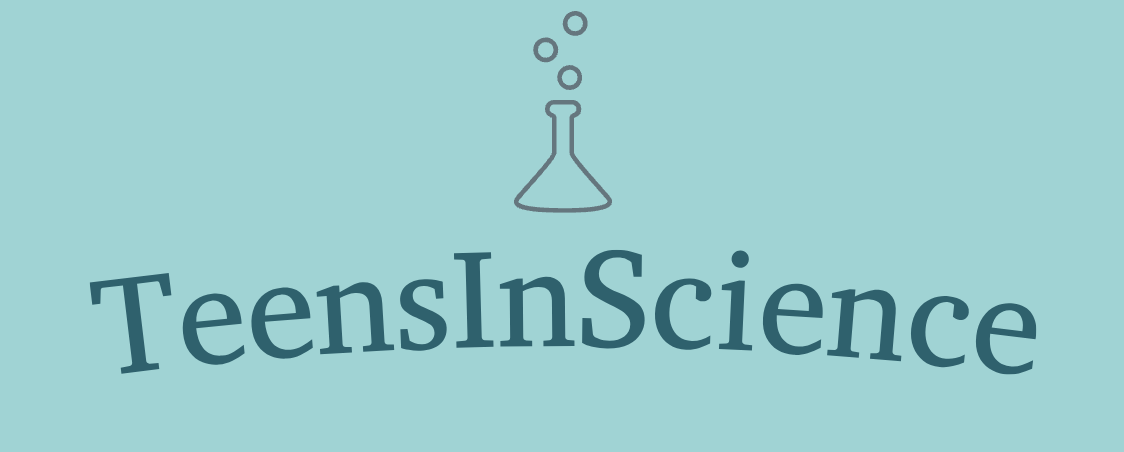How Stem Cells are Revolutionizing Medicine
This article will discuss what Stem Cells are, what they do, and how they are changing the medical world.
Date Published: 11/3/24
Introduction
Stem cells have gained attention in the medical field due to their unique ability to develop into different types of cells in the body. This potential makes them a powerful tool for treating diseases and injuries. Understanding how stem cells work and their applications in medicine offers a glimpse into the future of healthcare.
What Are Stem Cells?
Stem cells are regular cells that have the ability to develop into specialized cell types, such as muscle cells, nerve cells, or blood cells. They are categorized into three main types: embryonic stem cells and adult stem cells.
Embryonic Stem Cells: These cells are derived from embryos and can differentiate into any cell type in the body. This versatility provides the potential for regenerative medicine.
Adult Stem Cells: Found in tissues, like bone marrow or fat, adult stem cells are multipotent, meaning they can develop into a limited range of cell types. They are commonly used in treatments like bone marrow transplants for leukemia patients.
Induced Pluripotent Stem Cells (iPSCs): These are adult cells that have been genetically changed to an embryonic-like state. iPSCs have similar properties to embryonic stem cells.
The Role of Stem Cells in Regenerative Medicine
Stem cells have lots of promise in regenerative medicine, which focuses on repairing or replacing damaged tissues and organs. The ability to generate healthy, functioning cells from stem cells could cure diseases that currently have no treatments.
Tissue Regeneration: Stem cells are being used to grow new tissues in the lab that can be transplanted into patients to repair or replace damaged organs. For example, scientists are working on developing heart tissue from stem cells to treat heart disease.
Neurodegenerative Diseases: Research is ongoing into using stem cells to treat conditions like Parkinson’s disease and Alzheimer’s disease. The idea is to replace damaged neurons with healthy ones derived from stem cells.
Diabetes: Scientists are exploring the possibility of using stem cells to generate insulin-producing cells for people with type 1 diabetes. This approach could eliminate the need for insulin injections and offer a long-term solution for managing the disease.
Spinal Cord Injuries: Stem cell therapy offers hope for individuals with spinal cord injuries by potentially enabling the regeneration of nerve cells and restoring movement and sensation.
Challenges
While the potential of stem cells is immense, several challenges and ethical issues need to be addressed:
Ethical Concerns: The use of embryonic stem cells raises ethical questions because it involves the destruction of embryos. This has led to significant debate and varying regulations across countries.
Technical Challenges: Successfully differentiating stem cells into specific cell types and ensuring they function properly when transplanted into patients is still a complex and developing process.
Risk of Tumors: Stem cells, especially embryonic stem cells and iPSCs, have the potential to form tumors if they do not differentiate properly.
Immune Rejection: As with any transplant, there is a risk that the patient’s immune system will reject stem cell-derived tissues. Researchers are working on methods to reduce this risk.
The Future of Stem Cell Therapy
Although there are challenges, the future of stem cell therapy looks hopeful. Research and clinical trials are expanding the range of conditions that stem cells can treat. As techniques improve and ethical concerns are addressed, stem cell therapies could become more widely available.
For students interested in medicine, stem cell research represents an exciting field with the potential to revolutionize healthcare.
Works Cited
National Institutes of Health. "Stem Cell Basics." NIH, 20 Mar. 2023, www.stemcells.nih.gov/info/basics.htm.
Mayo Clinic. "Stem Cells: What They Are and What They Do." Mayo Clinic, 15 Apr. 2023, www.mayoclinic.org/tests-procedures/stem-cell-transplant/about/pac-20385173.
Harvard Stem Cell Institute. "Regenerative Medicine and Stem Cells." Harvard University, 10 Feb. 2023, www.hsci.harvard.edu/regenerative-medicine.
World Health Organization. "Stem Cells: Promises and Realities." WHO, 25 Jan. 2023, www.who.int/news-room/q-a-detail/stem-cells-what-they-are-and-what-they-do.
